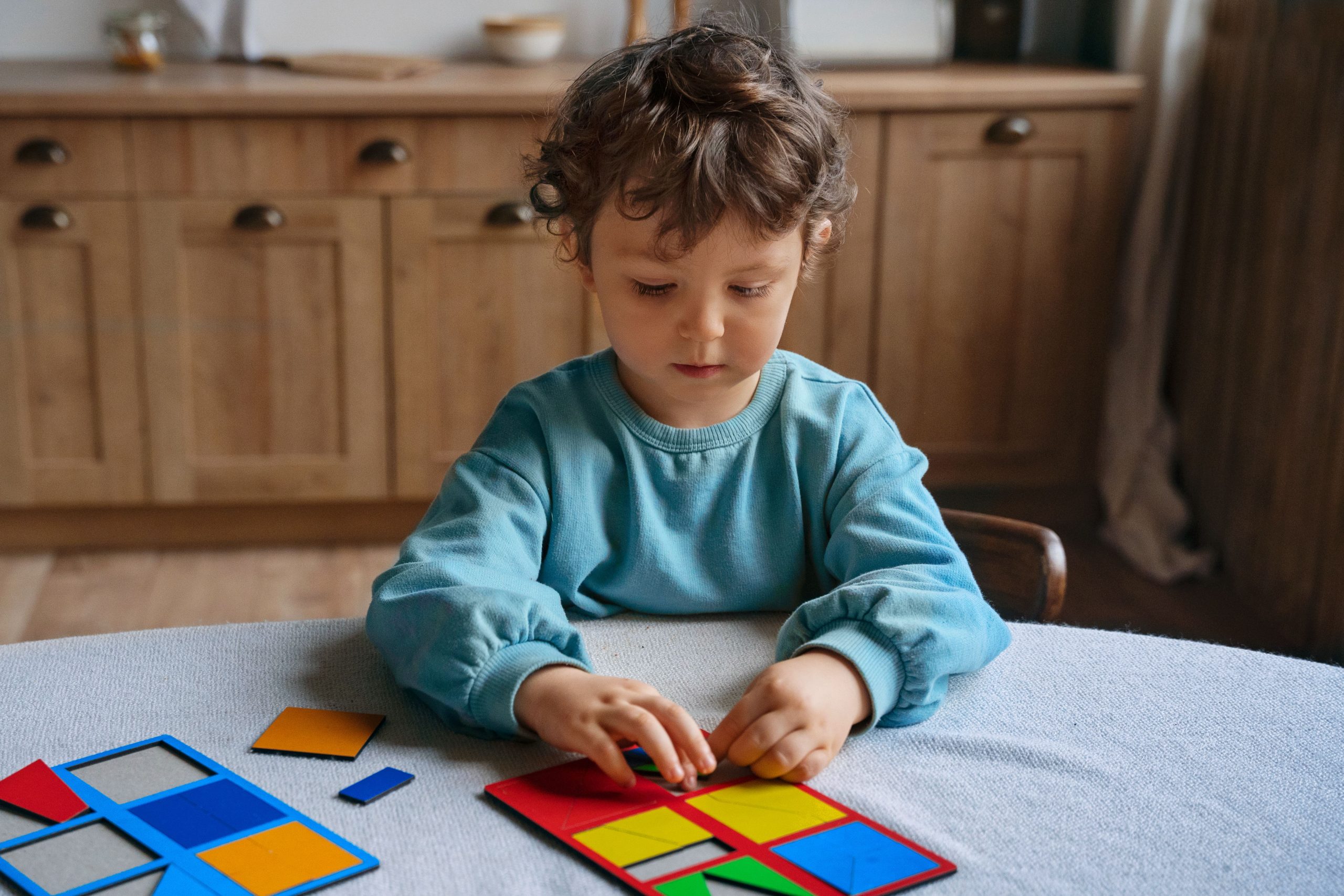
Classic Preschool Games and Exercises: Fun and Educational Activities for Preschoolers
As a preschool teacher, finding activities that keep preschoolers engaged and teach important skills can be challenging. Fortunately, classic preschool games and exercises offer both fun and education. Here are some examples:- 1. Simon Says
- 2. Duck, Duck, Goose
- 3. Red Light, Green Light
- 4. Musical Chairs
- 5. Hide and Seek
- 6. Ring Around the Rosie
- 7. Follow the Leader
- 8. Hopscotch
- 9. Beanbag Toss
- 10. Balloon Volleyball
These activities can be adapted for different age groups and settings and require minimal equipment. They promote various skills such as listening, following directions, gross motor skills, coordination, socialization, teamwork, and more.
Playing Classic Preschool Games
Classic preschool games offer numerous benefits. Games like Simon Says and Follow the Leader improve listening and following direction skills. Duck, Duck, Goose and Musical Chairs enhance gross motor skills and coordination. Red Light, Green Light and Hopscotch aid in learning colors, numbers, and counting. Furthermore, group games foster teamwork and social skills.Adapting for Different Abilities
Although these games are designed for ages 2-5, adapting them for different abilities is crucial. Modifications may be necessary for children with disabilities or developmental delays to ensure inclusivity and enjoyment for all. This may involve providing assistive devices, altering game rules, or offering additional support. By catering to individual needs, educators can create an inclusive environment where all children can participate and thrive.Incorporating into Lesson Plans
Teachers can integrate these games into lesson plans to reinforce learning concepts. For instance, Simon Says can teach vocabulary, Duck, Duck, Goose can teach colors and numbers, while Musical Chairs can impart physical education concepts. By incorporating these activities into structured lessons, teachers can make learning more interactive and engaging for preschoolers. This integration not only reinforces academic concepts but also promotes social skills and physical activity.Creating a Safe and Fun Environment
Ensuring safety and fun is paramount when playing these games. Supervision, checking for hazards, and selecting age-appropriate games are essential. Encouraging participation and good sportsmanship also contributes to a positive experience. Teachers should create a supportive and inclusive atmosphere where all children feel comfortable and valued. By fostering a safe and fun environment, educators can promote positive social interactions and enhance learning outcomes.The Importance of Screen-Free Play
While technology has its place, promoting screen-free play is vital for preschoolers’ development. Screen-free activities encourage physical activity, social interaction, and imaginative play, fostering healthy growth and learning. By providing opportunities for screen-free play, parents and caregivers can help preschoolers develop important skills and habits while minimizing the negative effects of excessive screen time. Incorporating screen-free play into daily routines encourages children to explore their environment, engage in imaginative play, and develop critical thinking skills.Incorporating Technology
While screen-free play is crucial, technology can enhance learning experiences when used appropriately. Interactive apps and virtual games can complement traditional activities, providing additional opportunities for skill development and engagement. However, it’s essential to use technology in moderation and ensure that content is age-appropriate and educational. By incorporating technology into classic preschool games and exercises, parents and caregivers can create a well-rounded learning environment that appeals to children’s interests and supports their development. When used thoughtfully, technology can enhance learning outcomes and provide children with valuable tools for exploration and discovery.Making Learning Fun with Educational Games
In addition to classic games, educational games like memory matching and tracing letters can make learning enjoyable for preschoolers while developing crucial skills. These games can be incorporated into playtime or structured learning activities, providing opportunities for children to practice new concepts in a fun and interactive way. By combining education with entertainment, parents and caregivers can support preschoolers’ learning and help them build a strong foundation for future academic success. Educational games offer a fun and engaging way for children to develop essential skills such as problem-solving, critical thinking, and literacy. By incorporating these games into daily routines, parents and educators can promote lifelong learning and encourage a love for exploration and discovery.

